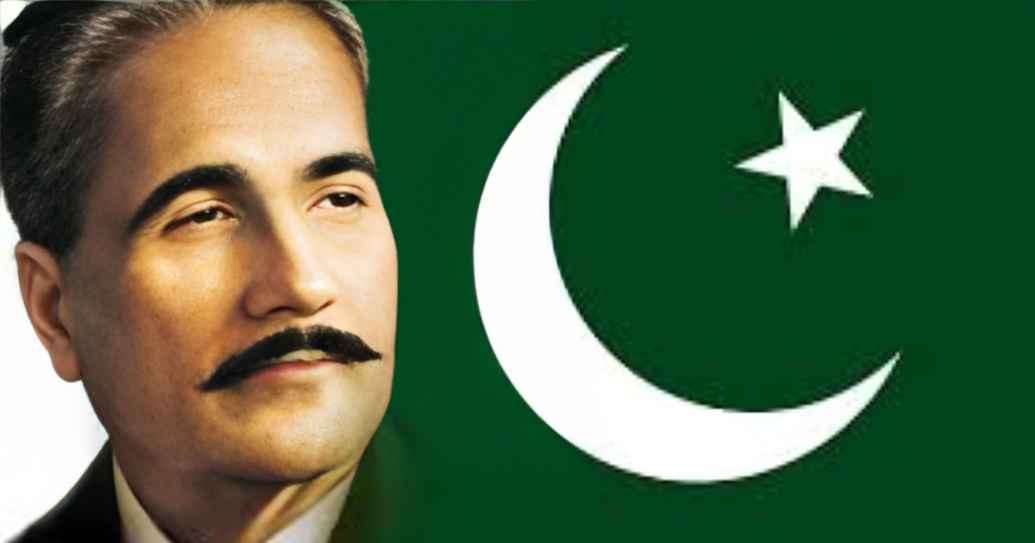On November 9th, we celebrate Iqbal Day, an important event in Pakistani history that marks the birth anniversary of the visionary poet, philosopher, and statesman Allama Muhammad Iqbal.
“Generally acknowledged as the “Spiritual Father of Pakistan,”
The foundational concepts and literary works of Iqbal were essential in the formation of Pakistan as a Muslim nation. This article examines Allama Iqbal’s life, accomplishments, and lasting legacy.
Childhood and Schooling
On November 9, 1877, Allama Muhammad Iqbal was born in Sialkot, British India. A vibrant religious and cultural milieu influenced his early existence. His well-known businessman father deeply instilled in him Islamic principles.
After completing his preliminary education at Oriental College in Lahore, he studied philosophy in Cambridge and Munich, Europe.
Literary and philosophical Contributions

Iqbal had a strong interest in spiritual and intellectual concepts. In an effort to comprehend the meaning of life and the world, he thoroughly investigated these concepts.
Among his most significant creations,
Three poems, “Asrar-e-Khudi,” “Rumuz-e-Bekhudi,” and “Bang-e-Dara,” explored spirituality, identity, and selfhood.
Iqbal’s philosophy was based on the idea of the “Khudi” (self), which stressed the significance of spiritual growth and self-realization. His poetry enthralled listeners with its lyrical beauty and potent messages; it was composed in Persian, Urdu, and Urdu-Persian.
Contributions on a national and political level
Iqbal’s political activism and his intellectual efforts were intimately related. He became well-known among the Muslim League as a vocal supporter of Muslims’ rights in British India. Many people identified with Iqbal’s vision of a distinct homeland for Muslims, which was founded on his knowledge of Islamic history and culture.
His influence on the All-India Muslim League’s position on self-determination was significant. In the end, he encouraged Muhammad Ali Jinnah, the Quaid-e-Azam, to support Pakistan.
History and Impact
The legacy of Allama Iqbal goes well beyond his life. His ideas about a Pakistan founded on social justice and Islamic principles are still relevant today, and his poetry and philosophy continue to inspire and have an impact on people all over the world.
The emphasis that Iqbal placed on education, intellectual growth, and the quest of knowledge has had a long-lasting effect on Pakistani society.
Honoring Iqbal Day
In Pakistan, people commemorate Iqbal Day with great fervor. To honor his accomplishments, a number of occasions are planned, such as conferences, seminars, and poetry readings.
To commemorate his legacy, most colleges and universities host special events on November 9. Iqbal’s poetry is read aloud, examined, and debated in order to make sure that his ideas are remembered by future generations.
overview
A visionary politician, poet, and philosopher, Allama Muhammad Iqbal’s thoughts and writings were essential to the founding of Pakistan. His idea of “Khudi,” his support of Muslim rights, and his timeless teachings on spiritual growth and self-realization continue to inspire people all around the world.
Iqbal Day is an appropriate time to pay tribute to him and recognize his priceless contributions to the political and intellectual climate of the subcontinent.